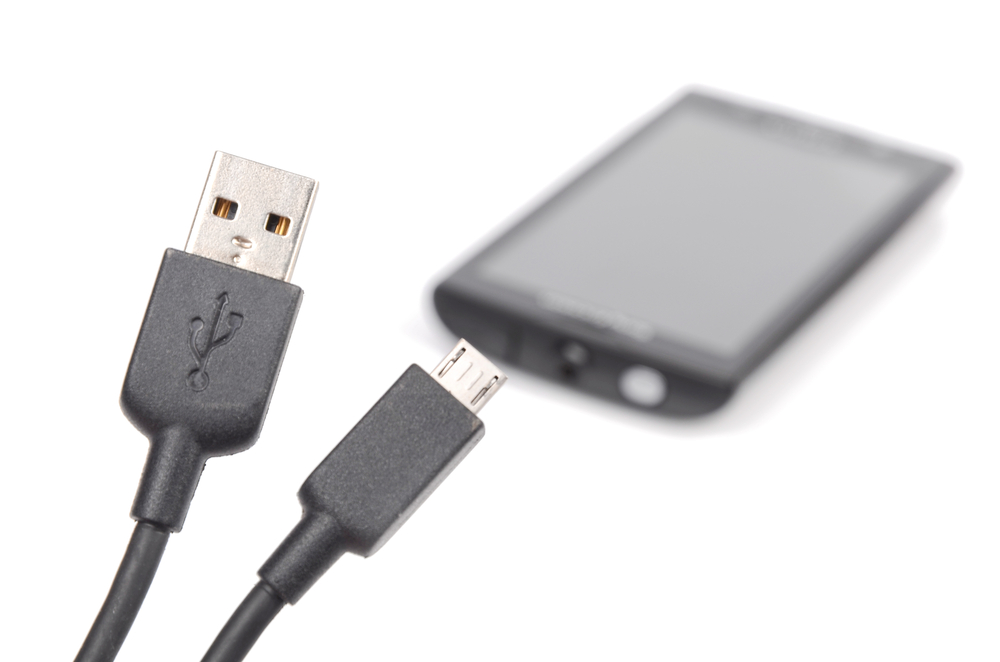
Lenovo adds three new handsets to the S-series -- something for every pocket
Whether you're looking for a phone whose battery will last all day, a handset that can push pixels around the screen faster than others, or looks are more important to you, Lenovo is hoping to sway your custom its way with the latest additions to the S-series range of smartphones. Starting at the cheaper end of the scale, the S660 is set to cost $229 and is aimed at "value seekers". Packing a 4.7 inch screen, the handset's key selling point is the battery life, but the brushed metal finish is sure to turn some heads as well.
Moving up market slightly, we come to the S850 which has been built for "fashion-conscious users". The 5 inch screen is found on the front of a thin and light body which is available -- interestingly -- in a choice of pink or white, and will set buyers back $269. The phone is driven by a MTK quad-core processor and with 13 MP rear and 5 MP front cameras, this is a device that looks set to impress with its all-glass exterior.
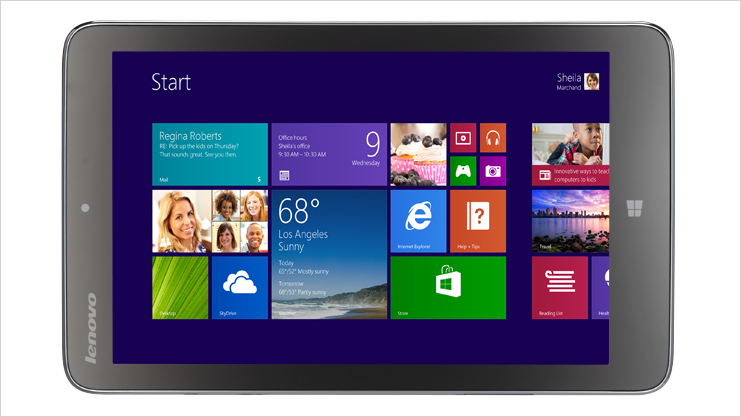
Lenovo Miix 2 8 -- Windows 8.1 tablet with an 8-inch screen done right [Review]
To say Windows 8.x is a controversial operating system is an understatement. Heck, it is downright polarizing, causing a schism between users that love it and others that hate it. It has arguably set Microsoft back and potentially damaged both the Microsoft and Windows brands. This is both disappointing and sad as Microsoft is a story-booked American darling that has enjoyed years of success and domination.
I'll admit, while I loved Windows 8.1 at first, I soured on it once I noticed an impact in my productivity. Performing a balancing act between the classic UI and Modern one, is maddening. It was so distressing to me, that I actually turned my desktop into a Hackintosh. While Linux distributions are my go-to choice, I still have a need for some other software, such as Office, and OS X meets that need. But Windows 8.1 isn't all bad, it truly shines in one place -- tablets.

Should Google stop launching Nexus devices?
Nexus smartphones and tablets have developed a cult following among enthusiasts mainly due to Google's ability to deliver updates to the latest versions of Android in a timely manner. The software also has little to no customizations over the code that is available in AOSP, unlike that of many devices that have been offered throughout the years by Android vendors, such as HTC and Samsung. Android enthusiasts often refer to Google's distributions as "pure Android", even though that is no longer the case exactly with the new Nexus 5, that has introduced a launcher not officially found on any of its siblings (or available in AOSP for that matter).
Nexus devices were also supposed to usher Android vendors into releasing smartphones and tablets that adhere to the design guidelines established by Google. This is one area where the search giant's brand has failed to become a trendsetter, as the likes of HTC, LG and Samsung continue to apply their own vision on how their Android handsets should look at the software and hardware levels. Remember how physical buttons were supposed to go away from the front of Android devices? Well, they are still alive and kicking even in 2014 and even on tablets (even though there were clear signs pointing to slates only adopting on-screen keys). It could, therefore, be argued that the Nexus ethos has already ran its course and it is time for Google to move on. So should Google move on?

Google's Motorola sale is more about Nest than Samsung
Like lots of other people, overnight I pondered Google's surprise sale of Motorola to Lenovo. The timing sure seems odd. Conspiracy theories abound. Among tech bloggers, Samsung ranks as top reason, given the timing, just days after the American and South Korean companies cut a lofty cross-patent deal that also turns way down the extent of Android customization. Certainly the latter agreement is important to Google, for reasons I laid out two years ago in post "Google has lost control of Android".
Some conspiracy theorists contend that Google always planned to sell Motorola and rebuilt the brand only to gain leverage against Samsung, which arguably exercises more direct influence over Android than does Google -- at least from a user experience perspective. But I disagree. The Motorola unloading is a lot more about the search and information giant's acquisition of Nest than anything Samsung does. My reasoning follows.

Google to sell Motorola Mobility to Lenovo -- the shot heard around the Android world
When Google bought Motorola Mobility, I immediately questioned if it was ethical. You see, the search-giant maintains the Android operating system -- something many manufacturers license, including Motorola. Owning one of the manufacturers could be seen as a conflict of interest. In other words, Motorola could get preferential treatment such as quicker access to updates and trade secrets. This could cause animosity amongst Android handset makers.
Today however, balance was restored to the Android world as Google sells Motorola Mobility to Lenovo for $2.91 billion. This is shocking because the search-giant bought the company in 2011 for a staggering $12.5 billion. Wow, what a deal Google!

IBM sells Intel server business, company is doomed
IBM today sold its Intel server business to Lenovo, yet another example of Big Blue eating its seed corn, effectively dooming the company for the sake of short-term earnings. It’s a good move for Lenovo and an act of desperation for IBM.
Wall Street analysts may see this as a good move but then Wall Street analysts typically aren’t that smart. They’ll characterize it as selling-off a low-margin server business (Intel-based servers) to concentrate on a higher-margin server business (Z-series and P-series big iron) but the truth is IBM has sold the future to invest in the past. Little servers are the future of big computing. IBM needs to be a major supplier and a major player in this emerging market.

Lenovo takes the lead in (still) shrinking PC market
For most of the last year it seems that we've been reporting the decline of the PC market. At the beginning of December we even had IDC saying that shipments had seen their greatest decline ever.
No surprise then that on the figures for the final quarter of 2013 both IDC and Gartner are saying that shipments have declined again. The good news though is that there are signs of the decline bottoming out.
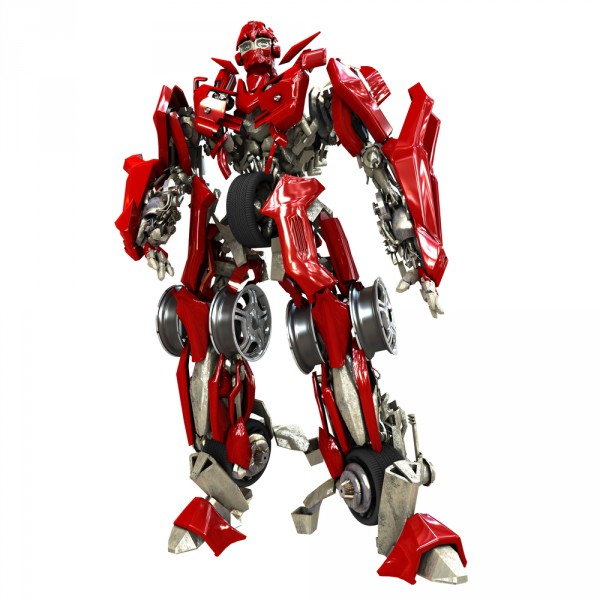
Stop with all the transforming, just decide what kind of device you want to be!
It seems that these days it is not enough for a laptop to just be a laptop, or a tablet to be a tablet. I'm not talking about the strange new breed of devices that are capable of running Windows and Android, or the rumors that handsets running Windows Phone and Android might see the light of day (haha! Can you imagine?). I'm talking about the devices that seem to be trying to become best friends with Michael Bay, transforming between multiple modes.
It's not really a new concept. We've already looked at Lenovo's Yoga 11S which can be bent into four different positions. The same company also has the Flex range which has fewer Transformer-like capabilities, but is still more than just your average laptop. At CES 2014 Toshiba decided to up the ante, taking the wraps off a 5-in-1 device.
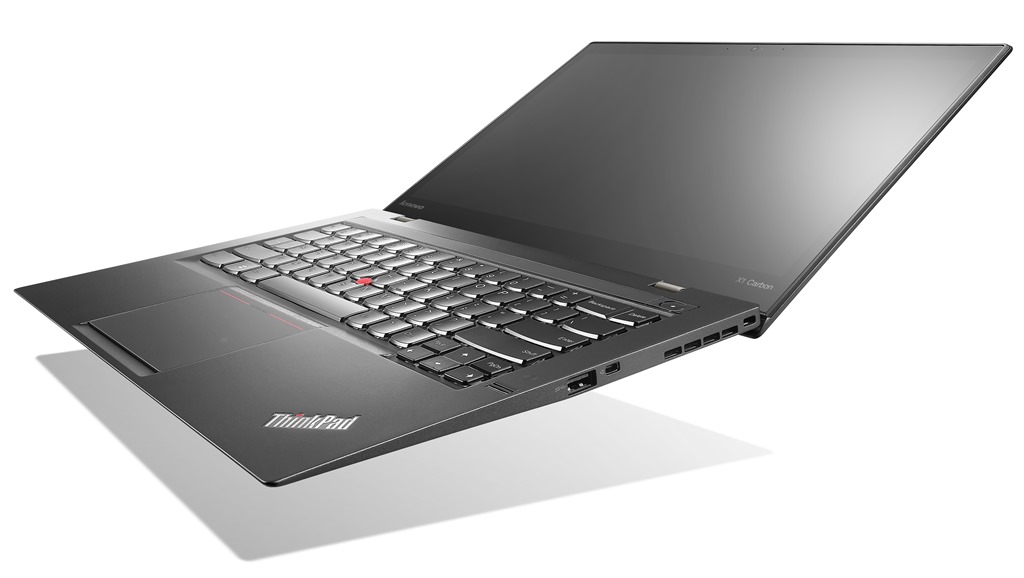
Lenovo unveils ThinkPad X1 Carbon, its ultra-light 14-inch Ultrabook
Lenovo is making lots of announcements today, chief among them being the new ThinkPad X1 Carbon 14-inch Ultrabook. Designed using carbon fiber (which is lighter than magnesium and aluminum but stronger than both), the X1 Carbon weighs just 2.8 lbs, making it the lightest 14-inch Ultrabook in the world.
The X1 Carbon features the Adaptive Keyboard, which dynamically adjusts based on the software or application being used, and also integrates voice and gesture control. The PC comes with an improved ColorBurst Display which, according to Lenovo, "provides sharper, brighter images at higher resolutions with better viewing angles for a superior visual experience".
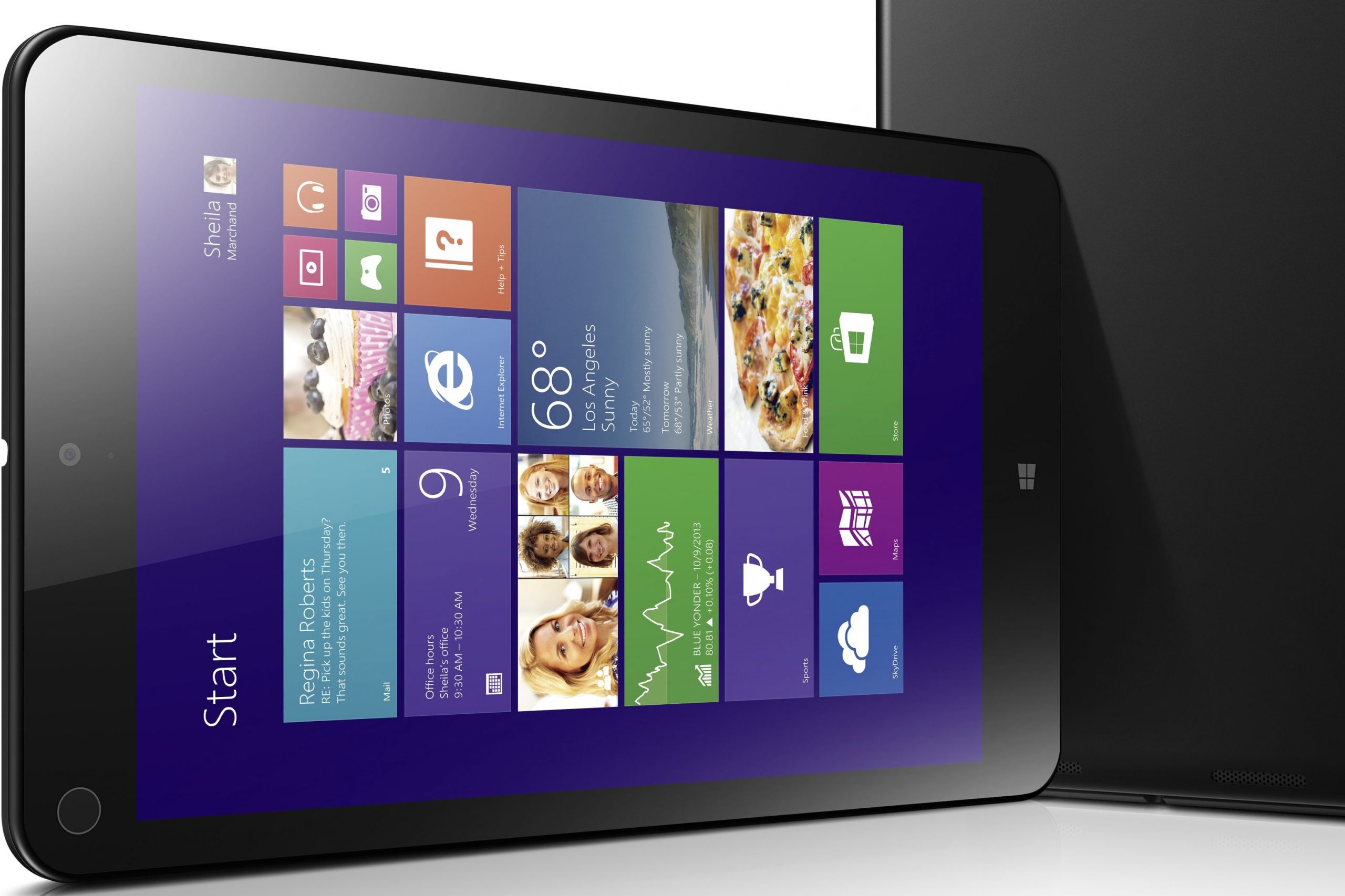
Lenovo announces ThinkPad Tablet 8 -- a Windows 8.1 slate with great specs
Even though CES has yet to officially commence (it starts on January 7), tech companies have already started to announce products that will be showcased at the well-known trade show. One of the latest is Chinese maker Lenovo, which just unveiled its newest Windows 8.1 tablet, the ThinkPad Tablet 8.
Unlike some other 8-inch Windows 8.1 tablets that we have seen so far, the ThinkPad Tablet 8 is the first to actually rival, specs-wise, the latest Android flagship slates and Apple's iPad Mini with Retina display. Heck, it is so intriguing that I might actually buy one (assuming that it will be available, locally).

Touchscreen notebooks increase in popularity -- but why? Why? WHY?!
We're all used to getting touchy-feely with our phones and tablets, but it's only in the past few months that touchscreen laptops have really gained any ground. A report by NPD DisplaySearch states that by the end of 2013, touchscreen devices will account for 11 percent of all notebook shipments -- that's around 19.8 million notebooks with touchscreens -- and there has been a steady increase in market share since the beginning of the year.
Richard Shim, senior analyst at NPD DisplaySearch explains that "Premium pricing and a lack of compelling uses for touch screens on notebooks continue to hinder adoption", but goes on to say that "as touch interfaces become increasingly common across all mobile devices, it is just a matter of time before the technology also becomes more prevalent in notebooks".
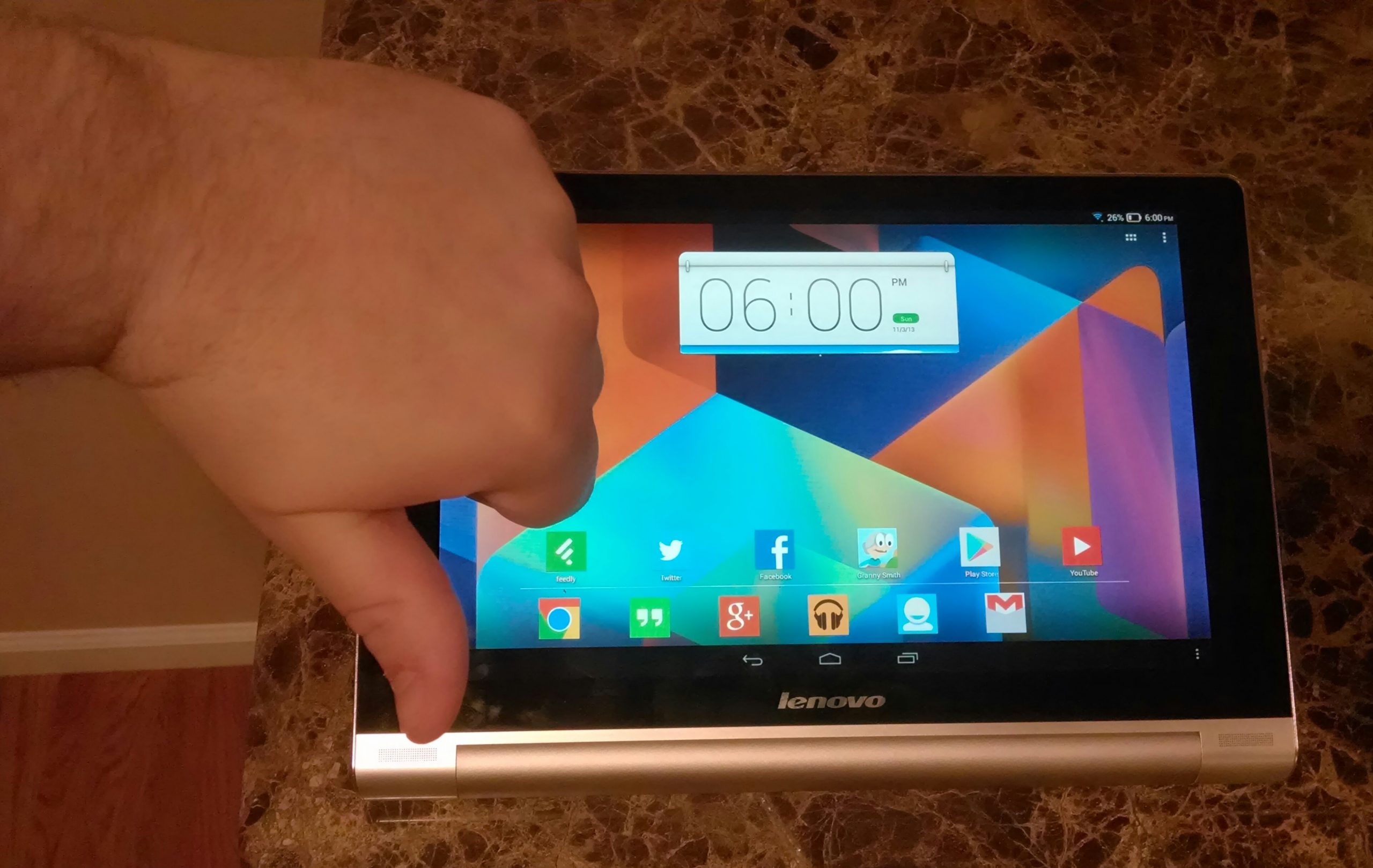
Lenovo Yoga Tablet 10 -- a cruel joke [Review]
The Lenovo Yoga 10 tablet looked great... until I turned it on. You see, when I did the unboxing, the build quality felt solid. Holding it my hands, I had high hopes; the integrated kickstand was intriguing. The tablet itself resembles an Apple Magic Trackpad.
While most tablets are just rectangular slabs, the integrated kickstand allows the Yoga to stand up on its own. I was particularly blown-away by just how well-made the kickstand is; it's crafted from thick aluminum. This enables the tablet to be used as a display for watching video services like Hulu Plus or Netflix. However, the overall package is a cruel joke -- beautiful on the outside but horrible on the inside.

Samsung smartphones capture record market share, leave iPhones behind
According to new quarterly reports from IDC and Strategy Analytics, Samsung has increased its lead on the smartphone market in Q3 2013. The South Korean maker's shipments were higher than those of the next four-largest vendors, combined, according to the IDC data.
Samsung's smartphone shipments surpassed 80 million units (IDC -- 81.2 million; SA --88.4 million), leading to a market share above 30 percent (IDC -- 31.4 percent; SA -- 35.2 percent). Once again, the two research firms, both of which count shipments, provide different data sets for both shipments and market share. However, both reports say that in Q3 2013 smartphone shipments reached record levels (IDC -- 258.4 million; SA -- 251.4 million).
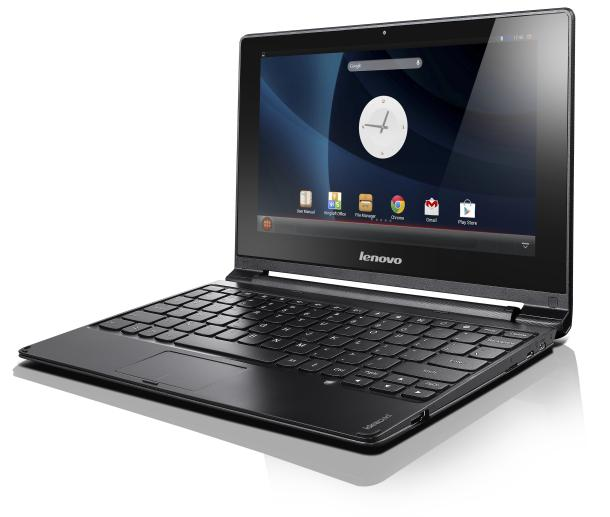
Lenovo announces the A10 Android laptop
Google has an operating system for the desktop and laptop form-factors called Chrome OS. However, the company also has the Android operating system, which is designed for mobile devices like smartphones and tablets. This prompts many pundits to posit "why not just have Chromebooks run Android, as that OS can run the Chrome browser, and much more". And you know what? They are kind of right.
Sadly though, those people are mostly wrong; bless their hearts. You see, less is more in this case, and a lack of local apps breeds out of-the-box web app thinking, which is good. However, despite this, a number of manufacturers have released Android laptops but none of them took the world by storm. Today, Lenovo hopes to change that and releases the A10 -- an Android laptop with a 10.1-inch screen.
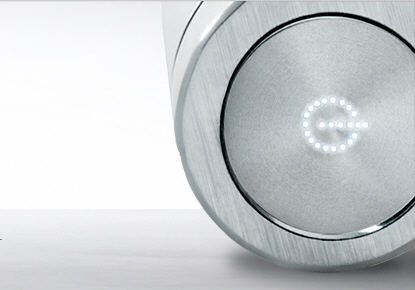
Which way? That way? Lenovo says there's a #betterway for tablets
There is not a lot to go on at the moment, but Lenovo is teasing us with the promise of something interesting that's coming at the end of the month. Head over to the company's website or Facebook page and you are greeted by the promise that "A #betterway is coming".
A date of 30 October is mentioned and visitors are invited to "Join the Event" or sign up for more information. There's also a nice-looking cropped close-up of a brush aluminium case.
